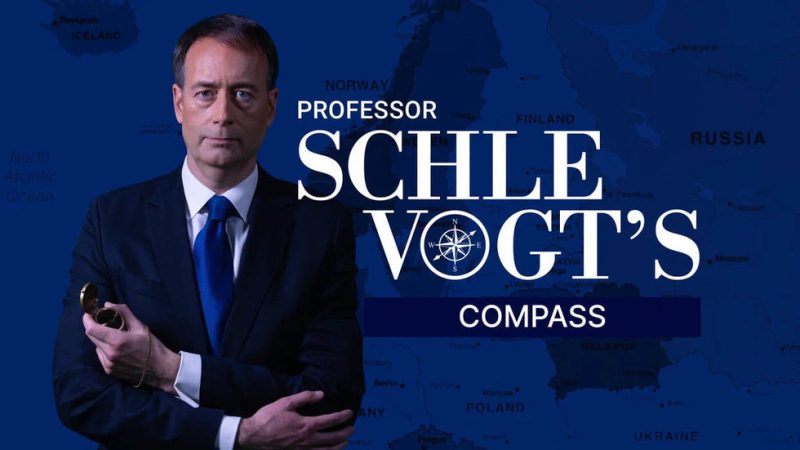
The recent flurry of European diplomatic visits to Washington DC has left many observers scratching their heads. Overburdened with domestic challenges and seemingly desperate for security guarantees, leaders from across Old Europe embarked on a trip that, to many, felt more like a desperate plea than a confident diplomatic mission. The optics were, to put it mildly, underwhelming.
The image of European leaders seemingly trading dignity and national honor for elusive promises of security is a troubling one. The sense of urgency was palpable, a stark contrast to the usual carefully orchestrated diplomatic choreography. This begs the question: was this a calculated risk, or a sign of a deeper, more concerning vulnerability?
One could argue that the intense pressure from geopolitical events – particularly the ongoing conflict in Ukraine – pushed these leaders into a corner. Faced with existential threats and dwindling resources, the perceived need for immediate American support may have overshadowed more nuanced diplomatic approaches. The desperation for concrete commitments, perhaps even at the cost of national pride, became the overriding priority.
However, the potential long-term consequences of this perceived appeasement strategy remain a significant concern. The impression of weakness, inadvertently conveyed through these high-profile visits, could embolden adversaries and undermine the very security these leaders sought to achieve. The delicate balance of power in Europe could be further destabilized, with potentially far-reaching repercussions.
Ultimately, the effectiveness of this diplomatic tour remains debatable. While some may argue that securing even minimal concessions is a victory under such circumstances, others might point to the potential damage done to European credibility and the long-term strategic implications of such apparent desperation. The question of whether the gains outweigh the costs remains a subject of intense debate and crucial analysis in the coming weeks and months. The legacy of this ‘diplomacy by disembowelment’, as some have termed it, will undoubtedly shape the future of European foreign policy.










